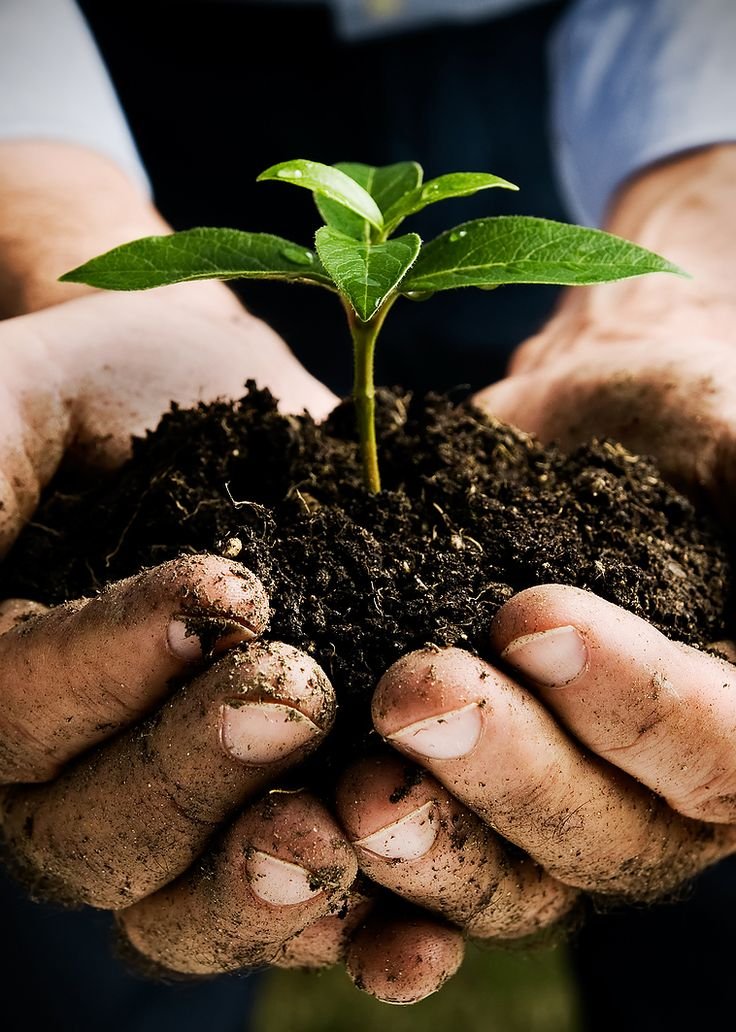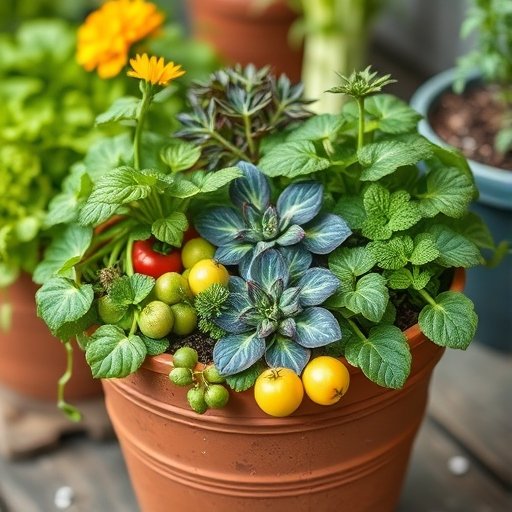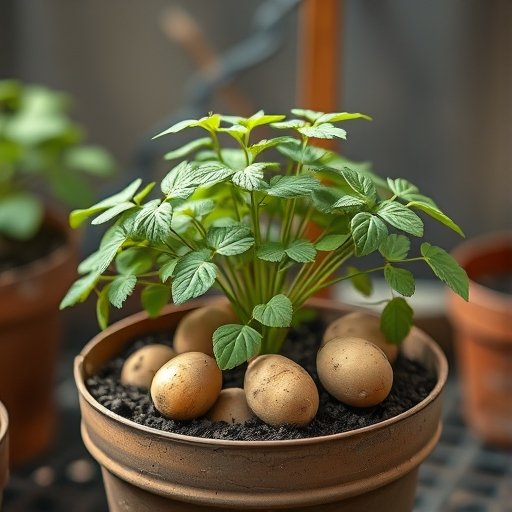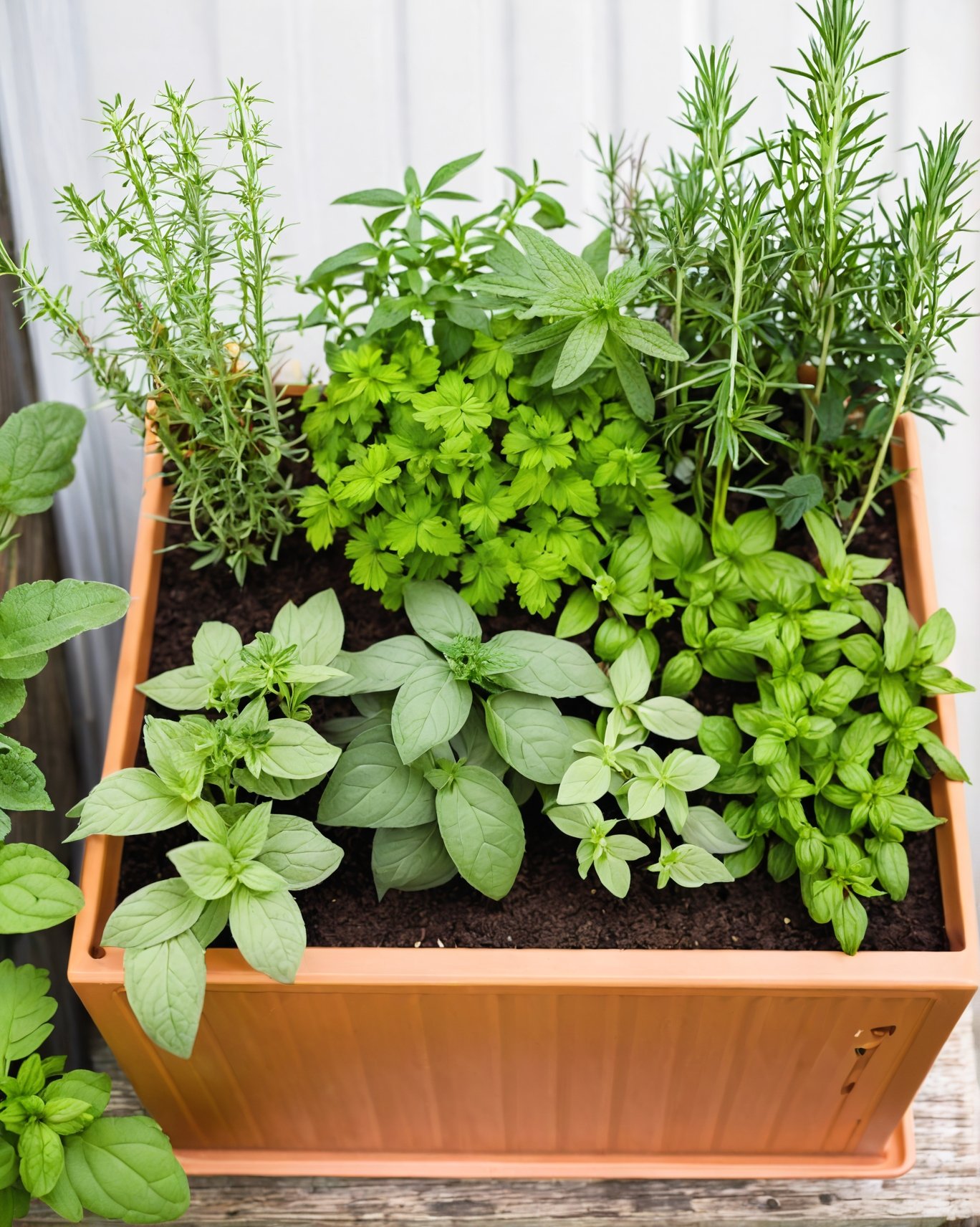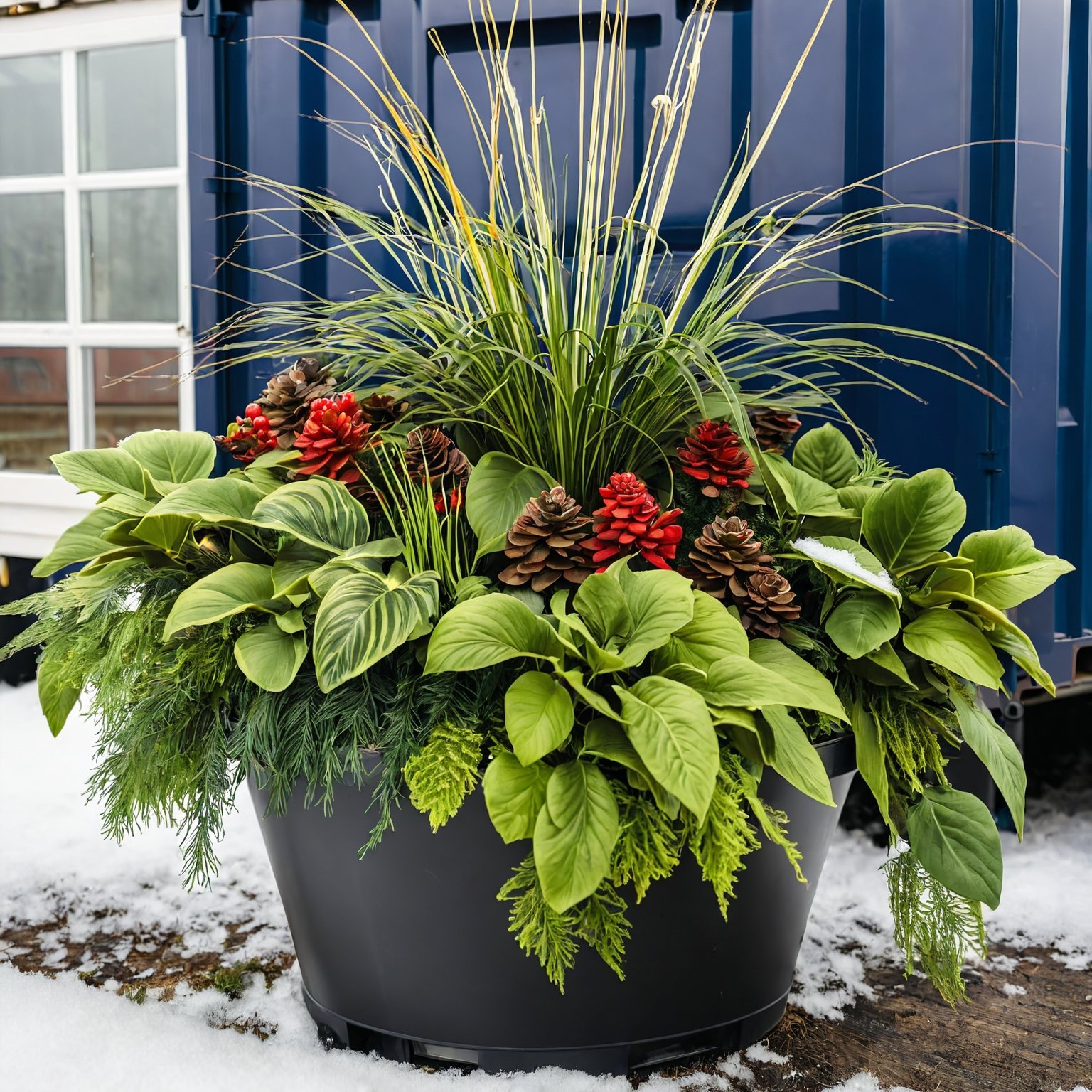Hi there! Do you need to have organic fertilization for your indoor gardens? You must be wondering about finding best fertilizers and environment friendly brands for the best of your plants, their development and healthy yields. Gardening in containers offers adaptability and comfort, particularly for those with restricted space. By utilizing natural fertilizers, you can guarantee your container plants healthy growth whereas keeping up an eco-friendly approach. This article will walk you through the basics of natural fertilizer container planting, highlighting its significance, fundamental adornments, benefits, cons, and tips for success.
What is Organic Fertilizer Container Gardening?
Organic fertilizer container gardening includes developing plants in containers utilizing fertilizers inferred from common sources. These fertilizers can come from compost, excrement, bone, fish emulsion, and other natural matter. The objective is to give plants basic supplements without the use of engineered chemicals, advancing a more advantageous environment and maintaining planting practices efficiently.

Significance of Organic Fertilizer in Container Gardening
- Soil Wel-lbeing: Organic fertilizers help to maintain soil structure, water maintenance, and microbial movement, which are significant for plant health.
- Eco friendly: They decrease the chance of chemical flow, which can contaminate water sources and hurt wildlife.
- Supportability: By recycling natural materials and using these wastes in agricultural practices for the betterment of the environment and country’s economy, organic fertilizers provide sustainability and supportability.
- Plant Well-being: They give a moderate discharge of supplements, guaranteeing plants get a relentless supply of food over time.
Fundamental Adornments for Organic Fertilizer Container Gardening
- Containers: Select containers with great waste. Best choices include earthenware pots, plastic containers, wooden barrels, and texture pots.
- Natural Preparing Blend: Utilize a high-quality, natural preparing blend as a base for your plants.
- Trickle Water system Framework: You make sure to use a watering can or trickle watering system for your container garden. These cans are reliable and effective.
- Mulch: Natural mulch like straw or wood chips makes a difference by holding dampness and stifling weeds.
- Natural Fertilizers: Alternatives include compost, worm castings, fish emulsion, bone, blood, and ocean growth extracts etc.
Benefits of Natural Fertilizer Container Gardening
- Improved Soil Quality: Natural fertilizers enhance the soil, advancing solid root advancement and plant growth.
- Security: Natural fertilizers are secure for children and pets, decreasing the chance of destructive chemical exposure.
- Natural Assurance: They diminish the carbon impression related with engineered fertilizers and minimize soil and water pollution.
- Cost-Effective: Numerous natural fertilizers can be made at home utilizing kitchen scraps and yard wastes, saving cash in the long run.
- Nutrient-Rich Yield: Plants developed with organic fertilizers regularly have higher wholesome nutrients, making them more beneficial to consume.
Cons of Natural Fertilizer Container Gardening
- Moderate Nutrients Supply: Natural fertilizers discharge supplements gradually, which may not be perfect for plants requiring quick supplement boosts.
- Cost: A few natural fertilizers can be more costly as compared to manufactured options.
- Scent: Certain organic fertilizers can have an obnoxious odor such as fish emulsion and manure etc.
- Consistency: The supplement substance of natural fertilizers can change, making it harder to give exact supplement amounts.
Tips for Victory in Natural Fertilizer Container Gardening
- Select the Right Plants: Select plants suited for container gardening and your climate such as marigolds and lettuces etc..
- Checking the Soil Dampness: Keep an eye on soil dampness levels, as containers can dry out quicker than plant beds.
- Customary Nourishing: Supplement your plants with natural fertilizers routinely, taking after the prescribed application rates.
- Compost Tea: Consider utilizing compost tea as a fluid fertilizer to allow plants an extra supplement boost.
- Rotating the Plants: Move crops in your containers to avoid supplement exhaustion to diminish bug and illness risks.
A Way Forward
Organic fertilizer container gardening is a fulfilling and maintainable way to develop plants, whether you have a little overhang or an open yard. By understanding the significance, benefits, and potential challenges, you can make a flourishing plant that feeds both you and the environment. Grasp natural process, and appreciate the bounty of solid, dynamic plants that contribute to a greener planet. Happy gardening!
